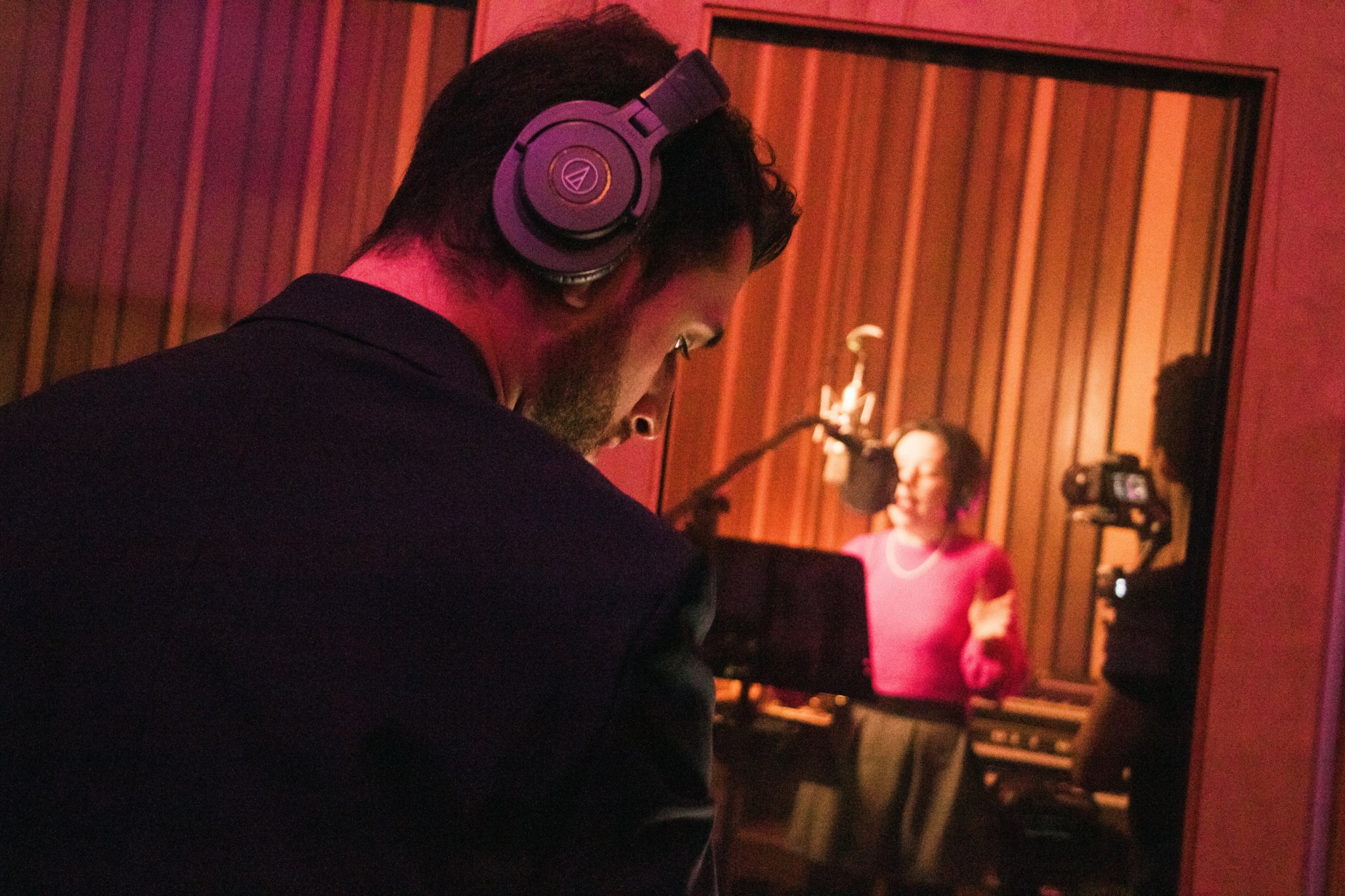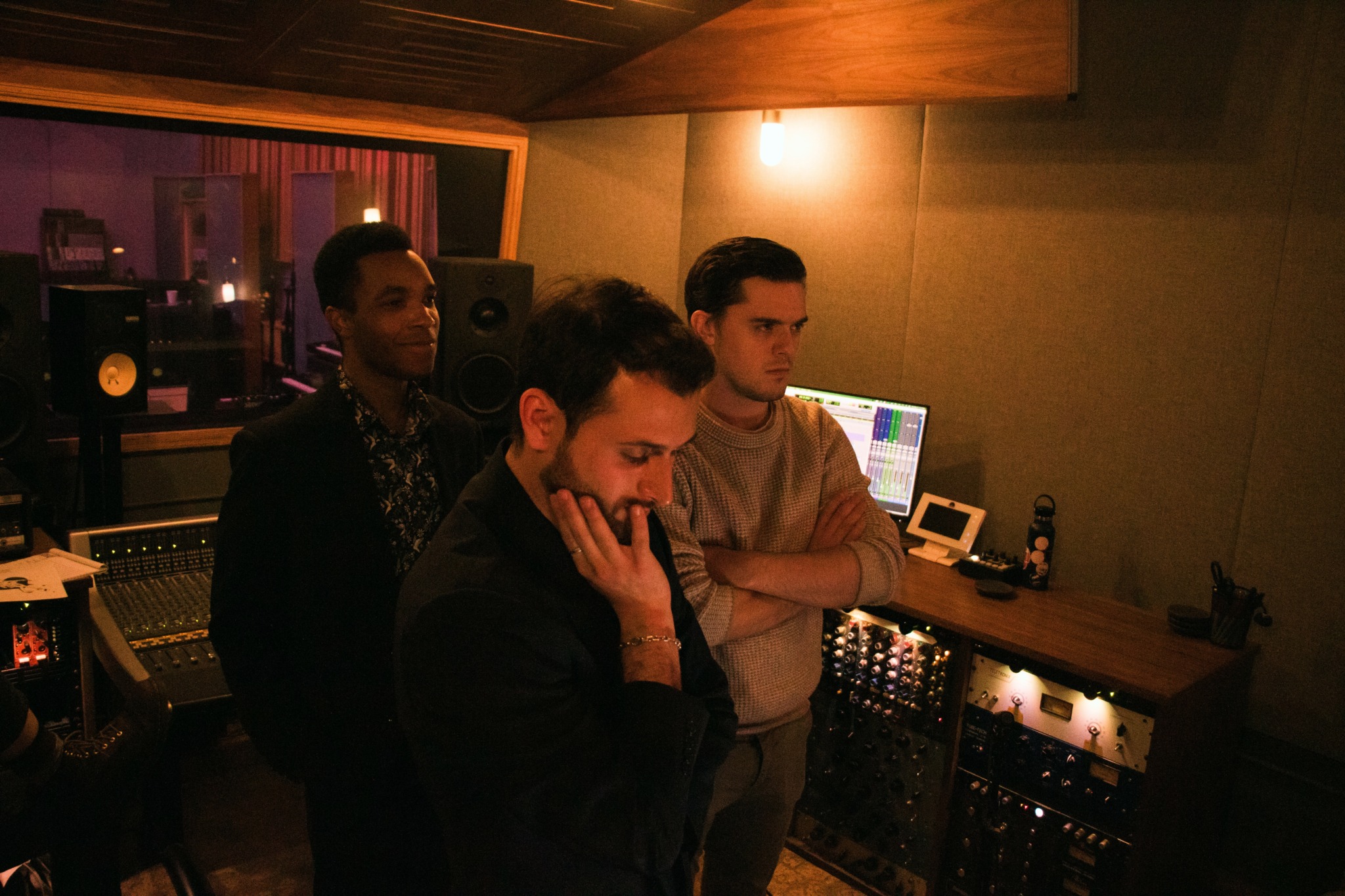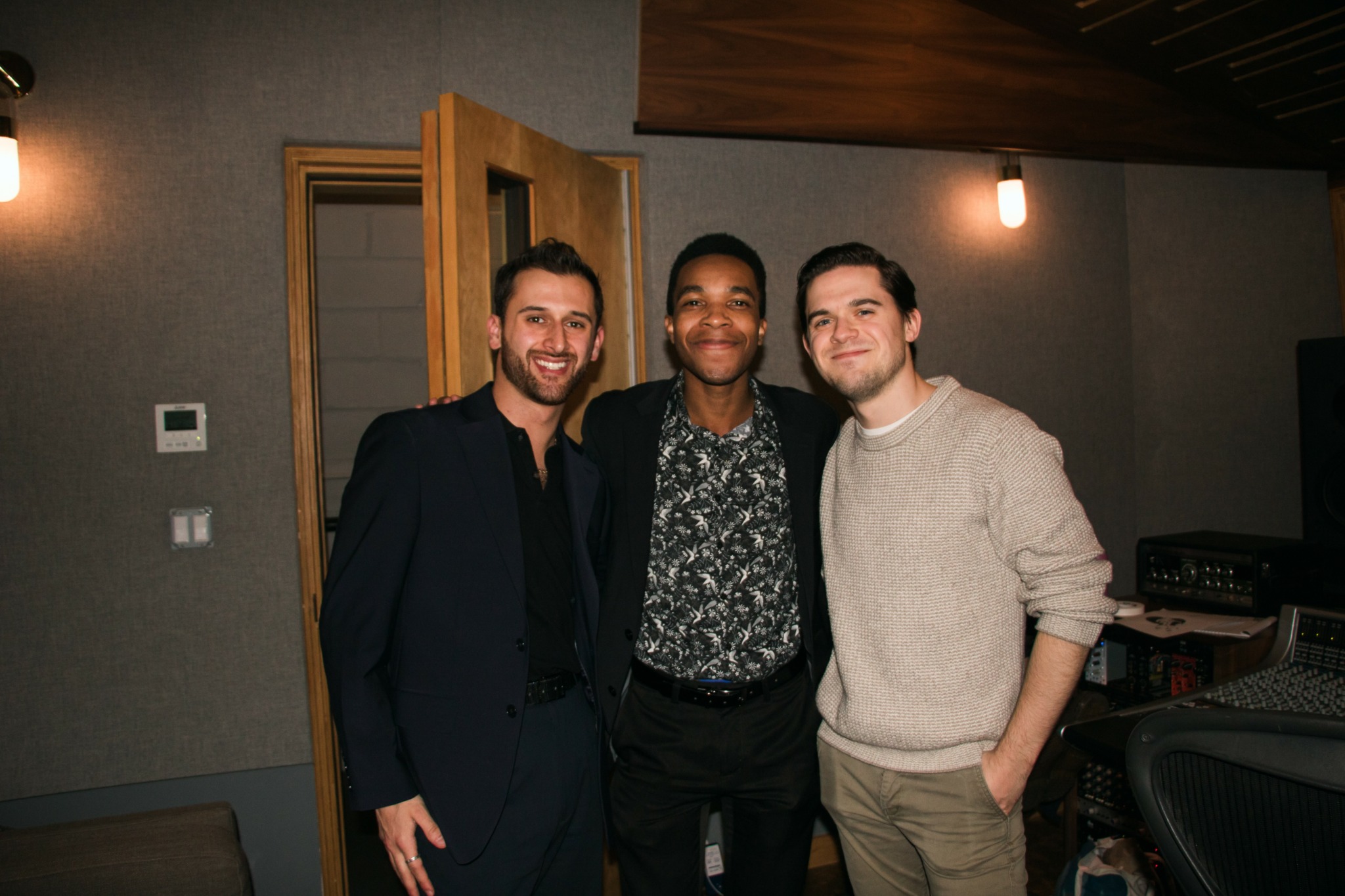We recently connected with Sam and have shared our conversation below.
Alright, Sam thanks for taking the time to share your stories and insights with us today. Learning the craft is often a unique journey from every creative – we’d love to hear about your journey and if knowing what you know now, you would have done anything differently to speed up the learning process.
Learning the Craft
Sam Nasar, Musical Theatre Composer in NYC
I’m a musical theatre composer, orchestrator, arranger, and music director based in New York City. I music direct at venues like 54 Below and Green Room 42, play jazz gigs around the city, and teach private lessons in piano, voice, and musical theatre songwriting. I also regularly present concerts and workshops of my original work, collaborating with producers and teams on musicals currently in development.
How did I learn to do what I do?
I started playing piano at a very young age, and by middle school, I was writing my first pieces of musical theatre. One of my earliest memories is showing my work to a childhood friend—who’s now one of my collaborators. Through middle and high school, I continued playing piano and singing, but it was in college where I truly found my footing, putting up full workshops of my work. That experience was an incredible blessing, and it helped me fall even more deeply in love with the craft.
Knowing what I know now, what could I have done to speed up my learning process?
Honestly, I don’t think the goal should be to “speed it up.” There’s no shortcut to building real skills or experience. A lot of people fall into the trap of comparing their path to others, but I believe your journey needs to be your own. The mentors and collaborators who helped me along the way might not have been right for someone else—and vice versa. Everything happens on its own timeline, and that’s a good thing.
What skills were most essential?
A few are non-negotiable for me:
Diligence in the craft itself.
Patience with the process, collaborators, and yourself.
Kindness, always.
Entrepreneurial spirit — being a self-starter, whether you want to produce your own work or work with producers.
The more you educate yourself about every corner of this business—not just writing, but production, collaboration, and leadership—the stronger and more prepared you are for real opportunities.
What obstacles stood in the way of learning more?
The biggest obstacle has always been myself. Sometimes it’s easy to compare your current work to your “best” work and feel discouraged. In a creative career, there are highs and lows—some songs you’ll love, some you won’t. But staying grounded in patience, kindness, and diligence helps you keep moving forward without letting comparison slow you down.

Great, appreciate you sharing that with us. Before we ask you to share more of your insights, can you take a moment to introduce yourself and how you got to where you are today to our readers.
I first got into music and theatre at a very young age. I began piano lessons at the age of five, inspired by my mom, who was a radio, television, and film major. Growing up, I was immersed in the performing arts — taking singing lessons, private dance classes, and performing in musicals throughout elementary, middle, and high school.
I wrote my first musical in middle school and soon after began working with a songwriting coach to refine my craft. Throughout high school, I continued developing my voice as a writer, putting my work up on its feet with friends. In college, at Baldwin Wallace University’s Conservatory of Music, I had the incredible opportunity to workshop my original pieces with a supportive and talented community, which helped shape the artist I am today.
Today, I provide a diverse body of musical theatre work, with a style that feels authentic to me but flexible enough to fit many genres. I like to think of myself as a musical theatre “chameleon” — someone who knows their voice clearly but can adapt it across different musical styles.
One of my current projects, Sam & Company, is a 10-song standalone musical theatre album that spans a wide range of genres: big band, golden age, contemporary, sweeping ballads, and moments that feel like they come straight out of a mega musical.
I believe this versatility allows my work to resonate with a wide audience, collaborate with a diverse range of vocalists and performers, and create spaces where different creative voices can come together and thrive.

For you, what’s the most rewarding aspect of being a creative?
For me, the most rewarding part of being an artist is getting in the room for the first time and seeing the excitement that others share around the work. After months of writing, revising, and living with drafts that only existed in my head, there’s nothing like the moment when it all finally comes to life — hearing laughter in the room, feeling the energy, and watching the material bloom.
It’s not just rewarding to see the work take shape; it’s equally rewarding to create a space where actors can simply create, connect, and enjoy the process — free from the pressures of financials or full production demands. In those early developmental stages, the stakes are low, the creativity is high, and it’s really about the pure joy of building something new together with talented people.

What do you think is the goal or mission that drives your creative journey?
My mission is to create work that can reach people at all stages of life — the way theatre reached me. I fell in love with theatre early on, especially during middle and high school, performing in school musicals and community programs. I believe that high schools, community theatres, and children’s programs are where many people first discover their passion for the arts. My goal is to create work that spans a wide age range, offering something for everyone, so that audiences and performers alike can fall in love with the craft all over again through my music and storytelling.
Contact Info:
- Website: https://samnasar.com
- Instagram: https://www.instagram.com/sam_nasar/

Image Credits
Tristan Mogari
William Dangerfield
Mia Shmariahu


